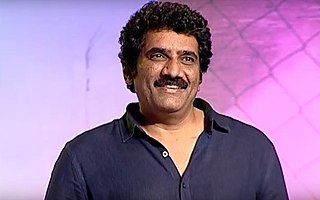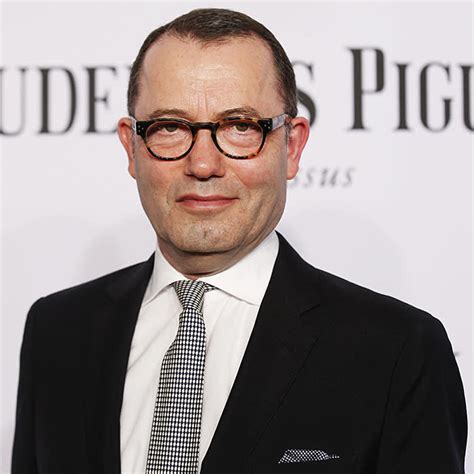A Quote by Rao Ramesh
I may be a character artiste but I want the audiences to clap and whistle for me as well.
Related Quotes
If any of you on your journeys see her-shout to me, whistle...he sang, and it became a habit for audiences to shout and whistle in response to those lines. There was nowhere he could hide in such a song that had all of its doors and windows open, so that he could walk out of it artlessly, the antiphonal responses blending with him as if he were no longer on stage.
I must say Steven Spielberg was great to me, and I loved working with him. He called me up on the phone and was like, "I want you to be in this movie - 1941. There are a couple of parts. You can take whichever one you want. One of them is a main character who is involved in everything, and there's another character who has his own storyline and goes off on his own. He's probably the funnier, more unique character." I said, "Well let me do that second one."
If it's too much for people, if audiences don't accept it, well I guess that's just the way it is. I'm not being cavalier when it comes to my financial partners, but I think I've earned the right to do my thing my way. While I really want it to do well and it would be lovely if it's popular, movies are for a long time. I'm really proud of the piece. If it ends up not connecting with audiences, I won't be heartbroken. I'll be a little disappointed, but I won't be heartbroken.




































